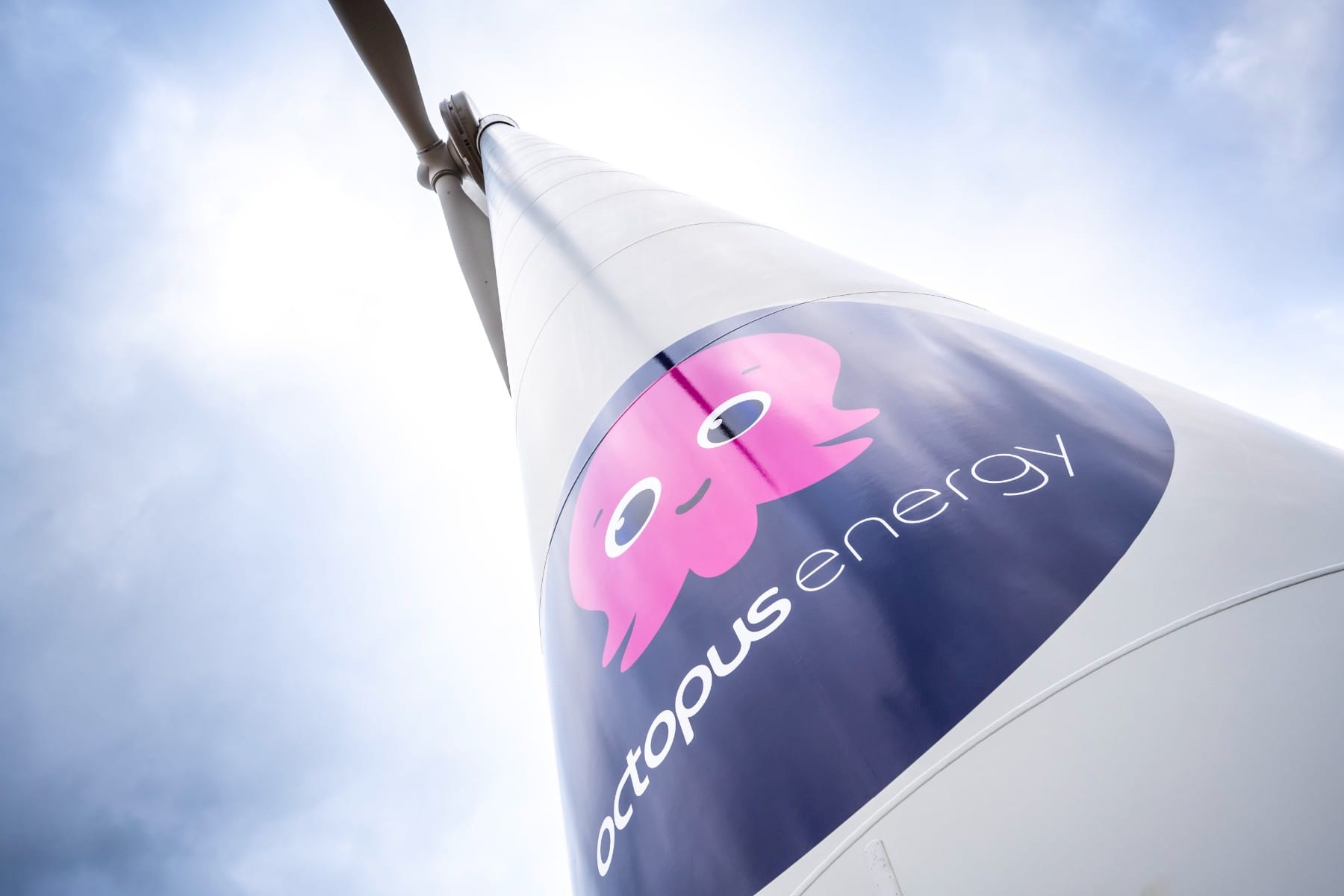It's an issue I agree, which is why I'm limiting it to public services only.
The housing example doesn't quite work because obviously if someone buys a more expensive house they also own a more expensive asset. Whereas with services, you don't own anything obviously it's just an outlay.
I think overall my view is that certain fundamental services should be homogenous across the country as a social good that everyone shares equally (proportionally) the cost of. Whether it's water, energy, hospitals, roads, schools etc. There shouldnt be a different level of service or different charges of these across the country I don't think. If a kid in Kent gets after school cricket clubs, then after school cricket clubs should be available to kids in Bradford too. If people in the lake district don't need a new reservoir but people in East Anglia do, them that cost should be shared across the whole country. If there's a bigger drug problem in Glasgow than London, then Londoners should share in the costs of homogenizing that level.
If you think about it, it's partially cross subsidy now anyway albeit regional. Severn Trent supplies a huge area from the borders of Wales through Birmingham and over to Leicester. There are already different costs to serve those different areas within a large region that get spread over all the company's customers already.
There's no real logical reason why it's ok for a customer near a reservoir in Shropshire to subsidise a customer in Birmingham where costs are higher, but for the same thing not to happen at a national level. It's just by virtue of the arbitrary boundaries companies were given at privatisation.
Broadband is another good example. It's pretty much already fully nationally cross subsidised. If you live in rural shopshire and I live in London, and we both sign up to the same Vodafone deal for example, it will be the same cost. Cost to serve is different though, so one of us would be subsiding the other.
But you said because of postcode lottery. How is it not a postcode lottery in regards housing.
Little timmy who happens to be born in north London hasn't done anything different little billy who is born in Bolton.
Why should little timmy have to pay 20x the price for a 3 bed semi compared to little billy?
Be that to purchase or maybe say 5x more to rent. Rent is a service, you have no asset at the end of it...
Life is literally a lottery on so many things. Where you are born and if you choose to not move away from that is certainly one of those things.
What about public transport, do we all pay the same, on what basis is it cost per journey or cost per mile.
Should we reopen all the closed routes, or routes with vastly reduced numbers of busses so that there is equal provision for everyone no matter where they live.
Do we ask everyone to pay more on commercially viable routes to subsidise the commercially unviable ones. On what is a public service.
If the postcode lottery is a problem then as the most significant cost for most people is the house itself, be that buying or renting then if we are trying to create some socialist utopia of not penalising those in some areas as opposed to others we should address the largest issue first, which is housing.
If thats not you argument, but your argument is we should all pay the same for essential services then we have to get into questions such as fuel and food prices which are also not the same for all.
There is a postcode lottery on petrol for how close your are to the distribution sites for example. As well as volume they sell and competition.
Why pick certain things that must be the same when many many other things aren't. Does it really matter that item X is/was a public service and that item Y was only ever supplied commercially. I would say no that is a daft differentiator.




